Identity
Hairy Choices
Your choice of hairstyle might convey your identity.
Posted September 20, 2019
When was the last time you experienced a “bad hair day”? And more importantly, how did your unruly curls, limp waves, dull strands, or frizzy mop influence your wellbeing? Chances are that you experienced a lower mood and decreased confidence. In fact, surveys have shown that unmanageable hair can deter a sizable proportion of women from even leaving their house!
The importance of hair was further demonstrated in a study measuring participants’ emotions after receiving a stylish new haircut. The new look was found to improve a range of happiness indicators including joyfulness, relaxation levels, and subjective energy levels. So if you’re feeling a little blue, a quick trip to the salon may just brighten your day.
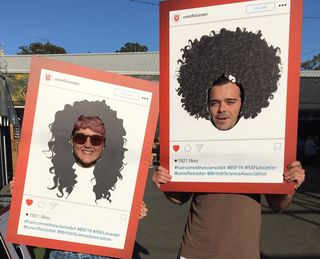
But why is it that hair plays such an important role in our lives? Not only is the hairstyle a natural focal point in face-to-face human interactions, but it also matters because of its tremendous malleability. Given its rapid growth rate of approximately 1/2 inch per month as well as a vast range of hair styling techniques including dyeing, curling, or braiding, making a significant change to your look is all too simple. Your hairstyle thereby provides a large canvas for self-expression, and your choice of how to use it will invariably influence interactions with wider society.
“Hairy choices” were indeed one of the topics discussed at this year’s British Science Festival, an annual event that offers exciting opportunities for university researchers and the general public to connect and discuss research outside the classroom. One of the festival’s events—"Hair Comes the Science Bit"—was an interactive evening dedicated to all things hair. The event was organised by a group of interdisciplinary researchers from the University of Leicester, which I was delighted to join in my role as a psychologist. The evening offered fantastic opportunities to discuss the significance of hair (or even write a poem about it!), and in a range of fun activities we discussed how hair can shape people's identities. Here are some key points to take away.
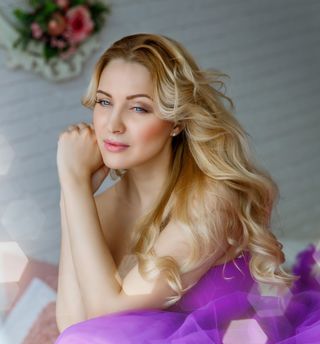
Fitness
The way people groom their hair can be an important signal to potential mates. For example, luscious fair hair has long been seen as a sign of fertility and youth in Caucasian women. Rather unsurprisingly, long blonde manes continue to rank highly on lists of attractive female features today.
Male hair choices can have similar implications. For example, with facial hair growth being linked to higher levels of testosterone, the decision to sport a beard may increase signals of masculinity and increase attractiveness to potential romantic partners.
Health
An aspect related to romantic attraction is physical health. Lack of hair is frequently interpreted as a sign of illness or old age, and it, therefore, comes as no surprise that hair transplants are on the rise in many countries. In addition to hair volume, its color also plays a role. With grey hair indicating higher age, many individuals resort to dyes or wigs once the first silver strains appear. In a recent study of Danish participants, a jaw-dropping three-quarter of the female sample admitted to dyeing their hair!
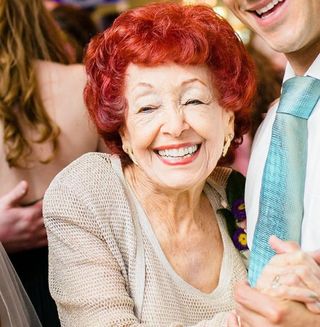
Prosperity
How better to show off wealth than by wearing expensive adornments and jewelry? Hair accessories have been popular across the ages and wearing pricey jewels can be an easy way to demonstrate your riches. For example, fancy embellishments have long been an integral part of bridal or other ceremonial hairstyles. Did you know, for example, that the average cost for bridal updos in the US amounts to a staggering $100?
Culture
Hair isn’t just an indicator of physical attributes—it can also serve as an important symbol of social membership. While some hairstyles are subject to short-term fashion trends, many other styles represent deeply-rooted traditions or cultural identities and may extend to hair accessories including hats and scarves. For example, different types of headscarves feature in many cultures across the globe including those of Native Americans, Japanese, Turks, Eastern Europeans, Bangladeshis, and Filipinos.
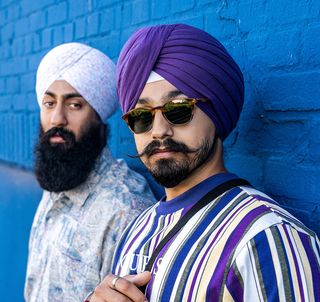
Religion
Closely linked to culture are religious beliefs and attitudes. Many Muslim women cover their hair with hijabs to submit to God and curb sexual attention. Jewish men frequently sport sidecurls (“peiyots”) based on a biblical instruction not to round the corners of their head. And Sikh turbans (“dastars”) are worn as a religious symbol that helps to tame traditionally uncut hair?
Gender attitudes
In addition to group membership, hair choices can serve to push societal boundaries and redefine identity. Gender roles are an important aspect of identity and have frequently been challenged by choices of hairstyle. For example, short cuts for Western women became popular with the start of the 20th century and signified female empowerment and independence. Even these days, “short-and-chic hairdos” such as the bob remain feminist fashion statements. Furthermore, we must not forget about the increasing range of wigs and hair dyes that offer new means of exploring gender and identity. Just how essential hair can be to the identity of transgender individuals has been captured in many moving real-life reports.
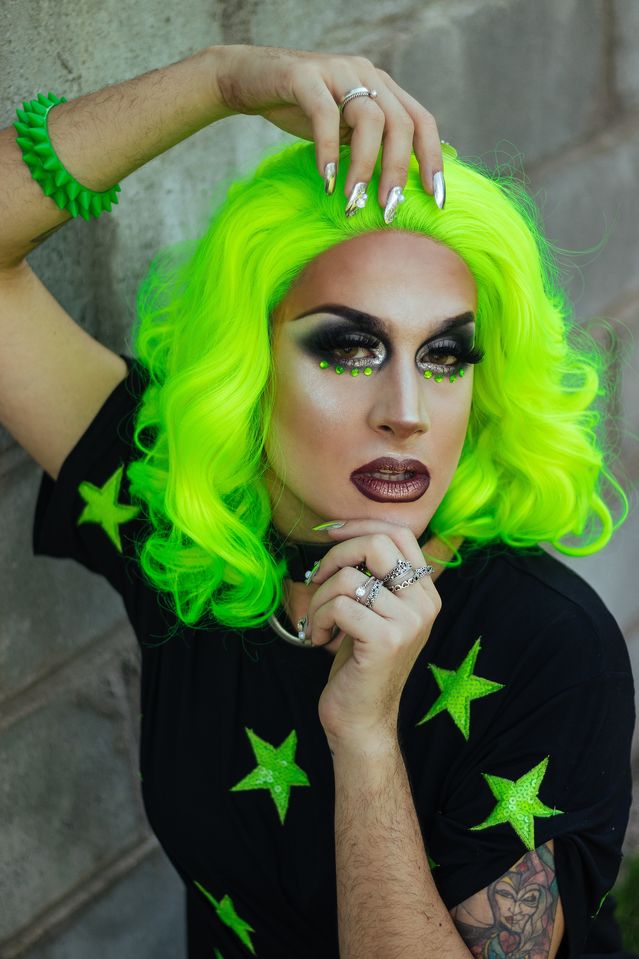
Political statements
Similar to expressions of gender identity, hairstyles can make powerful statements of political significance. A relevant example is a recent movement for “natural” black hairstyles that reject the straightening of Afro-textured hair with invasive chemicals. The choice to wear black hair “naturally”, frequently represents a rebellion against long-standing pressures to adapt to Caucasian looks and submit to foreign fashion ideals. It thereby makes a significant contribution to the political liberation and the fight against discrimination of black minorities in Western countries, as demonstrated by the recent law against racial discrimination based on hairstyles in California.
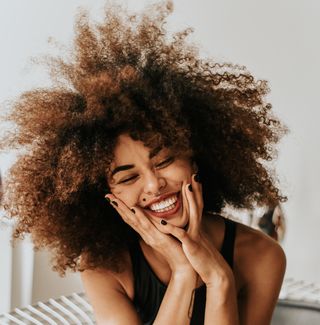
What does your hair say about you?
Undoubtedly, hair choices play a hugely important role across all human societies. While some styles are influenced by concerns about practicality (after all, tying up long hair in a bun does increase safety and comfort during exercise such as yoga), many hairdos have symbolic importance. Often such symbolic choices can happen without conscious planning. Hence, even if you have never considered the significance of your own “hairy choices”, your identity is likely to be reflected by them.
What does your hair say about YOU?




